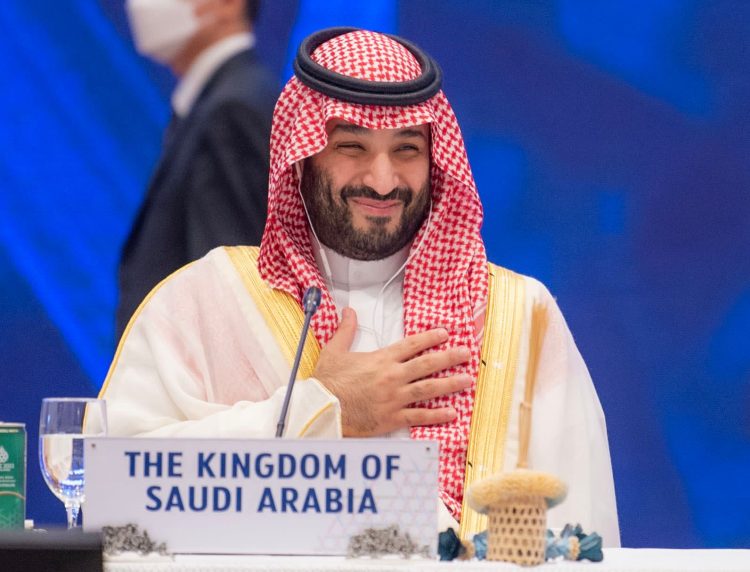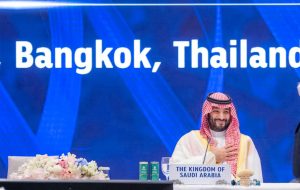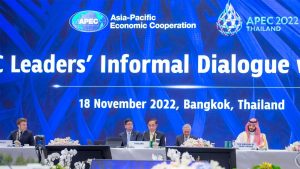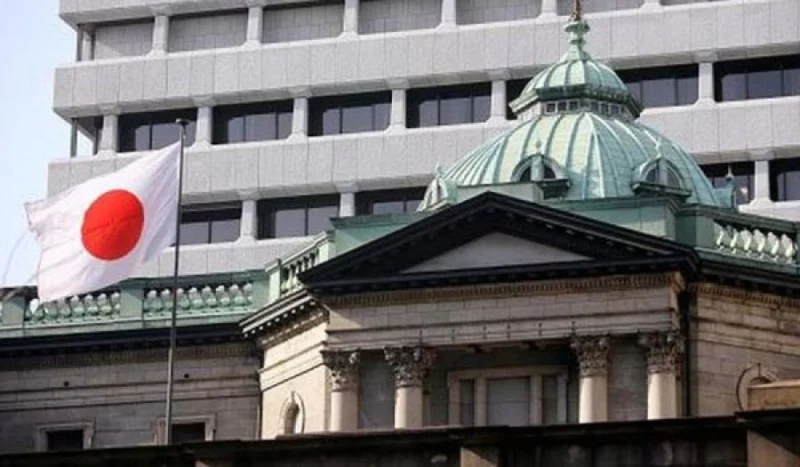Publisher: Maaal International Media Company
License: 465734
APEC summit begins in Bangkok
The summit of the Asia-Pacific Economic Cooperation (APEC) forum began its work in Bangkok today, Friday, in light of the continuing war in Ukraine and the continued North Korean missile launches.
This is the first physical meeting since 2018 of the leaders of the 21 member states, whose talks are supposed to continue until Saturday.
اقرأ المزيد
Their program is dominated by the economic consequences of the conflict in Ukraine, which the countries of the South denounce without going so far as to condemn the Russian invasion, and issues of regional stability in light of the missile launches by North Korea, as well as the frequent conflicts in the South and East China Seas, as dealt with “Arabic”.
Just before the summit began, Pyongyang fired another missile that apparently fell into the sea within Japan’s exclusive economic zone, according to Japanese Prime Minister Fumio Kishida.
On Thursday, Kishida raised with Chinese President Xi Jinping his “serious concerns” about the situation in the East China Sea, where Tokyo regularly complains about Beijing’s activity around the Senkaku Islands.
For his part, the Chinese leader stressed that the Asia-Pacific region “is not a garden for anyone,” in written statements he made during an economic summit on the sidelines of the (APEC) conference, in a veiled reference to the United States, whose influence is expanding in the region.
In Bangkok, where the diplomatic marathon that began with the G20 continues, Xi Jinping is taking the lead in the absence of his American counterpart, Joe Biden, who stayed in Washington to attend the wedding of his granddaughter, represented by Vice President Kamala Harris.
At the start of the dialogue, Thai Prime Minister Prayuth Chan-o-cha spoke about the climate, saying, “We must cooperate to limit the effects of (climate change) and protect our world.. We cannot live as we lived in the past.”
For his part, French President Emmanuel Macron called during the summit to reject “hegemony” and “confrontation,” stressing “stability” in the Asia-Pacific region.












